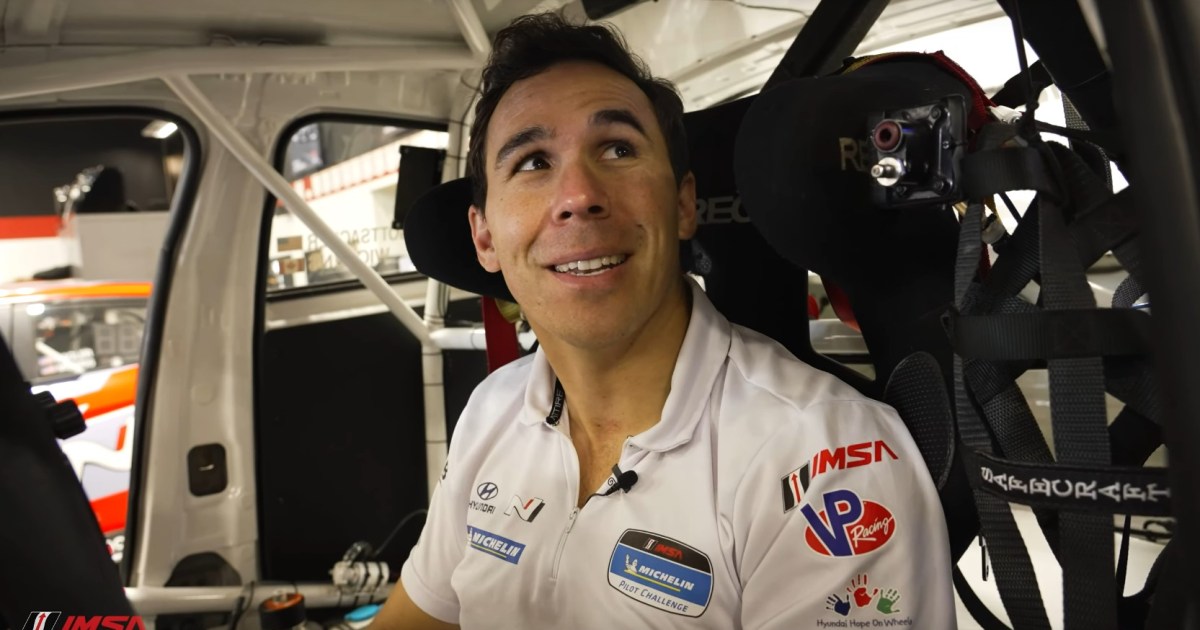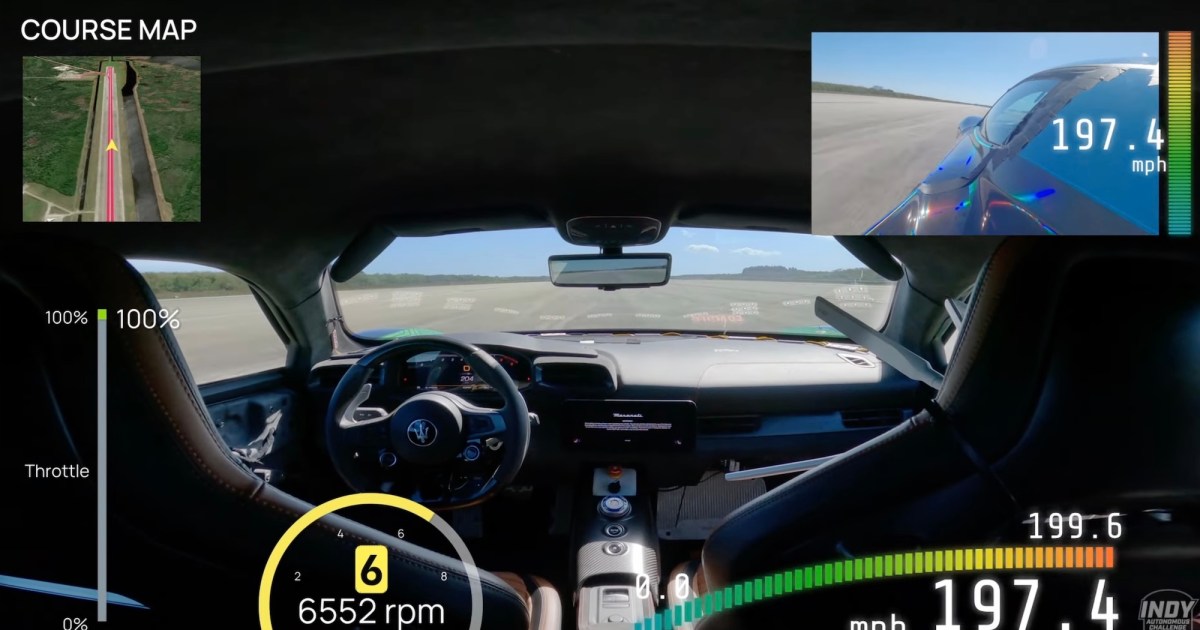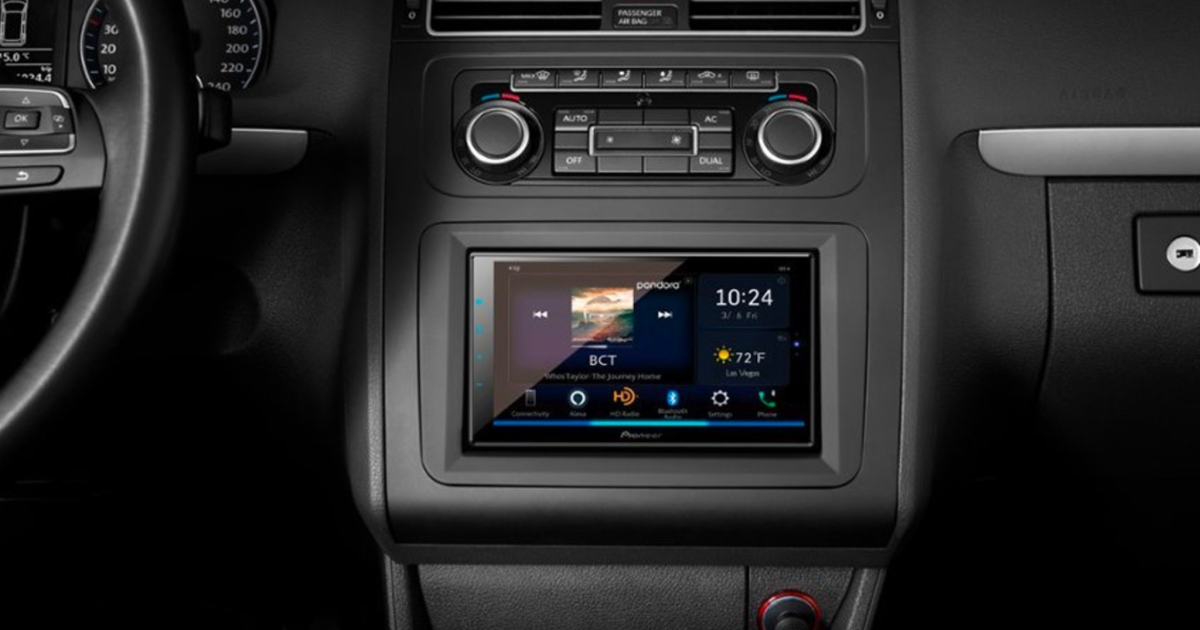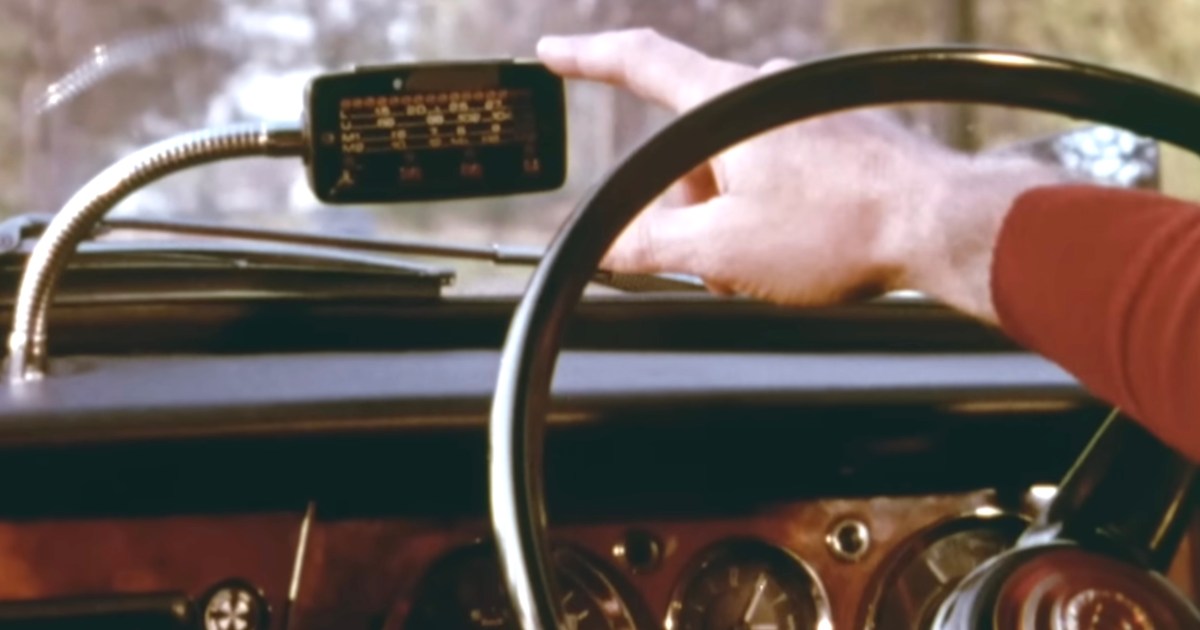Paralyzed race car driver Robert Wickens recently completed a successful test drive of a modified Chevrolet Corvette Z06 GT3.R, equipped with an innovative hand control system developed by Bosch. This milestone marks a significant step towards his return to professional racing in the IMSA WeatherTech SportsCar Championship.
The new system, featuring an updated braking mechanism, was put through its paces at Sebring International Raceway. Wickens expressed immense satisfaction with the technology’s seamless integration and performance. “There hasn’t been a single hiccup,” he reported to Sportscar365. “It’s like when they designed the Corvette Z06 GT3.R it was always in the plan. It looks like it belongs in the car. It feels like it belongs in the car.”
Enhanced Braking System and Seamless Switching
The hand controls provide Wickens with intuitive command over the vehicle, significantly improving his braking control compared to previous systems he used in TCR racing. He praised the collaborative efforts of Bosch, Pratt Miller, GM, and DXDT Racing in making this advancement possible. A video showcasing the system reveals how Wickens operates the brake via a pull mechanism attached to the steering wheel.
A key advantage of the new system lies in its ability to facilitate smooth transitions between Wickens and his able-bodied co-driver, Tommy Milner. Previous iterations relied on a pedal switch, which introduced friction into the braking system. The updated electronic system eliminates this issue, offering a seamless and efficient driver changeover.
Potential for Wider Application
Beyond its immediate impact on Wickens’ racing career, the adaptable nature of the hand control system holds promise for broader applications. Its potential compatibility with various car models suggests it could enhance accessibility in both motorsport and everyday driving.
Wickens highlighted this potential, stating to Ars Technica, “I think what we’re learning here today can transfer into any race car and then hopefully down the road what we’re developing with the electronic braking system from Bosch, you know—opportunities are endless that maybe this can evolve into road safety and into everyday road vehicles and accessibility.”
A Step Towards Greater Inclusivity
The successful test drive signifies a crucial advancement in adaptive racing technology and underscores the potential for greater inclusivity within the automotive industry. This innovative system not only empowers Wickens to pursue his racing aspirations but also paves the way for future advancements that could benefit a wider range of drivers and enhance road safety for all.











